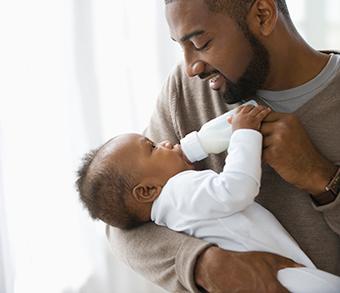The primary source of lead in drinking water comes from customer-owned lead service lines, the pipe that brings water from the main pipeline in the street to the plumbing in your property. Denver Water is providing a free water pitcher, filter and replacement filters certified to remove lead to all customers who may have a lead service line to use until six months after their lead service line has been replaced.
Once you have received your pitcher filter, you will receive replacement filters free of charge, directly at your property.
What you need to know
- Use filtered water for drinking, cooking and making infant formula until six months after your service line
has been replaced. - Boiling water does NOT remove lead.
- Your water is safe to use for showering and bathing. Do not swallow large amounts of unfiltered
water when brushing teeth.
How to use a filter and pitcher
Attention: Homes 1983-1987 - Protecting formula-fed infants and expecting families
Even though lead service lines haven’t been used in Denver Water’s service area since the 1950s, analysis shows that some homes built between 1983 and 1987 have lead solder connecting sections of interior plumbing.
If your water test results show lead levels over three parts per billion, Denver Water will provide a water pitcher, filter and replacement filters until your formula-fed infant is 24 months old. If this applies to your household, please contact Denver Water Customer Care today at 303-893-2444.

